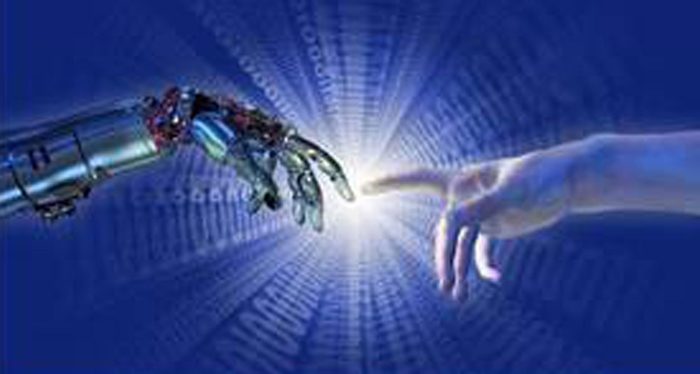By Alessio Jacona *
Equity, the union that brings together over 47,000 actors, singers, models, performers, directors, choreographers, designers, stage managers and other creative workers in the UK, has launched an appeal for artificial intelligence to "stop stealing the show" to acting professionals.
This is not a joke, nor the chapter of yet another dystopian science fiction novel: as the BBC also reports, Equity expresses concern about the way in which through AI it is possible to automatically use samples of an actor's voice or face to generate various types of content, including the so-called "deep fakes".
In this way, the association argues, AI-based technologies are progressively replacing actors in many contexts, effectively putting the profession at risk.
The problem does not seem to be the technology itself, but as usual the use made of it: many actors, in fact, already collaborate with companies to create systems that can generate artificial voiceovers or digital "avatars", to be used for example in video games to make non-player characters (NPCs) more credible, in the creation of audio books through automated reading or, again, for the creation of photorealistic quality digital avatars, already today capable of "acting" without human intervention.
The problem arises if and when their images and voices are used without consent, or worse without receiving compensation.
"The use of Artificial Intelligence has grown rapidly in the audio and entertainment industry in recent years, from automated audiobooks to voice assistants, from deep fake videos to text to speech tools" reads the campaign page “Stop AI stealing the show”, on the union's website, which however also underlines how “the British law on intellectual property has failed to keep pace, and this is leading to the exploitation of artists”.
For example, research commissioned by Equity among its associates shows that 79% of artists who have worked on a project based on artificial intelligence think they have not fully understood their rights (as established by the Copyright, Designs and Patents Act of 1988 ) before signing the contract.
Many of them also report that performers are being asked to sign nondisclosure agreements without having a clue what the assignment will entail.
Several testimonies of abuse emerged during the research commissioned by Equity: among the most significant, that of the Canadian voice actress Bev Standing, who sued - and won - ByteDance, the company that created TikTok, for unauthorized use. of his voice.
The story is this: Three years ago Standing recorded audio of around 10,000 phrases for the Chinese Institute of Acoustic for use in translations.
A few years later, however, the voice actress discovers that her voice is used without authorization by TikTok in a new function that
it automatically converts written text into speech, and it is soon used in viral videos where users make its digital version "read" a little bit of everything, including profanity and obscenities.
"The fear of opposing a multi-billion dollar company was great - explains Standing - but I had to defend my rights, and in the end we found an agreement".
Now Equity is clamoring for the UK government to review and update copyright law so that it protects the professionalism of its artists.
Not an easy task, given that it is a matter of regulating completely new and rapidly evolving aspects, while new ones are transforming the sector in ways that are still difficult to understand.
All this, with the risk of taking ineffective measures or, worse, that may limit or block innovation.
* Journalist, innovation expert and curator of the Artificial Intelligence Observatory ANSA.it







